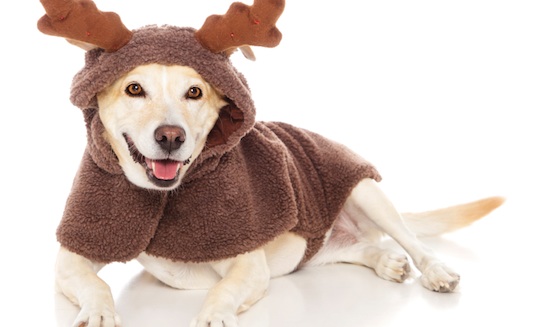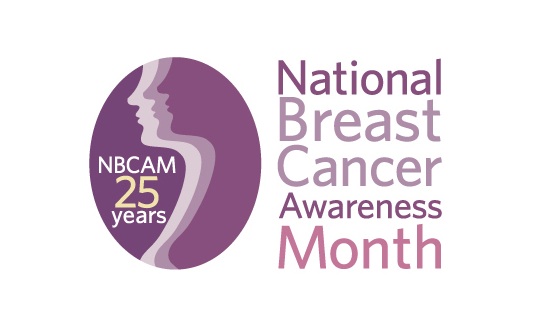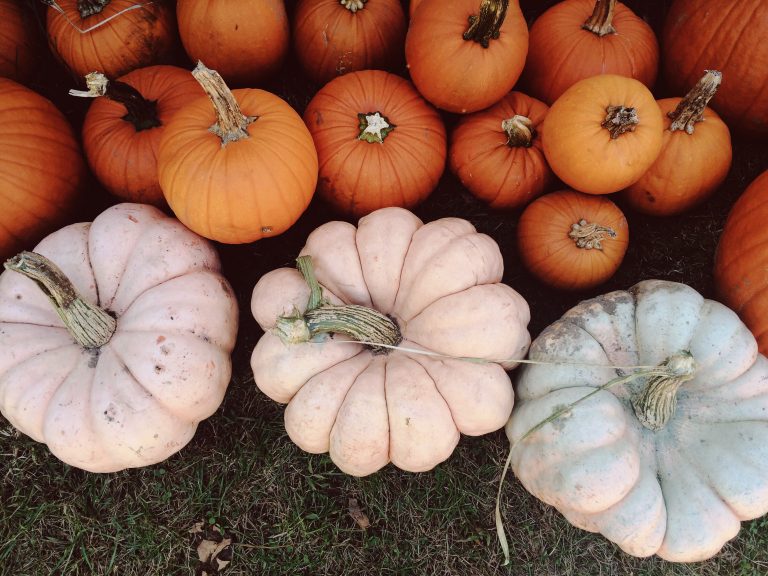Tinsel and Mistletoe: Fun For You But Dangerous To Your Pets
November 1, 2013
The holiday season is upon us once again, with all the fun and magic they entail. Fun for us yes, but there are many hidden dangers for our pets. This time of year we need to remain vigilant regarding our beloved dogs and cats.
Dining Dangers
When it comes to cooking during the holiday season, we need to beware of which goodies can be harmful, or even fatal, to our dogs and cats. Some of these include:
- Turkey – While the meat itself isn’t toxic to either dogs or cats, the cooked bones when ingested can cause internal injuries due to splintering, and too much cooked fat can cause Pancreatitis, which is painful and can be fatal.
- Chocolate – too much chocolate can kill a dog.
- Macadamia nuts or moldy walnuts – these can cause seizures or even be toxic to your pet
- Drinks containing alcohol – These can cause a rapid loss in blood sugar or blood pressure in your pet, which can kill.
- Fruits – Pits from fruits such as plums or peaches can cause a bowel obstruction. They also contain cyanide, which can poison your dog if the pit opens and your pet eats it. Grapes and raisins cause kidney failure, and like the others, this can prove to be fatal.
- Nutmeg – Dogs love the scent of nutmeg, but if eaten in high enough levels, it can prove to be fatal.
- Garlic and Onion – Both contain an ingredient called thiosulphate, which is toxic to both dogs and cats. When ingested, it can cause a condition called Hemolytic Anemia. This basically means that the red blood cells burst. Even a small amount can be toxic.
- Xylitol – a common sugar substitute that is extremely dangerous for dogs. It’s found in sugarless gum, toothpaste, cough medicines and chewable vitamins.
- Yeast Dough – When ingested, it expands in your pet’s stomach or intestines, ferments and releases gasses and can cause bloat or a twisted stomach. Certain types also ferments into alcohol, which can cause alcohol toxicity.
Decorating Dangers
All those pretty decorations and tinsel can be a danger to your pets, especially cats. If ingested, tinsel can twist and bunch up inside your cat’s intestines. Tree ornaments are very tempting to a cat, and as they play with the lower hanging ones, they can bite or knock an ornament off. The shards of glass or hard plastic can cause deep cuts to their mouths, throat, and/or intestines if swallowed. Always keep pet safe type ornaments on the lower branches.
Candles make pretty decorations, but your cat thinks so too. Candles can be knocked over easily by a curious cat, and serious burns can result if the hot wax gets on them, especially the pads of their feet. Not only can the cat get hurt, but there’s a serious fire hazard as well. Keep candles in a spot that is hard to reach.
If you have a cut, live tree, don’t treat the water with chemicals. The water in the pan can be toxic to cats and dogs.
Plants make great holiday decorations too, but beware – many are toxic to pets. Silk ones might be a better option.
- Pine Needles – These can cause oral irritation, lethargy or diarrhea
- Poinsettias – Can cause irritation to the mouth and stomach, and induce vomiting.
- Holly – If ingested can cause severe vomiting and diarrhea.
- Mistletoe – When ingested, causes significant vomiting and diarrhea, difficulty breathing, erratic behavior, hallucinations and death.
The holiday season is a magical time of year, filled with good food, great company and beautiful decorations. Pet owners need to take a look around, and make sure that not only is everything safe for the humans, but also for the 4-legged members of the family. No one wants a holiday celebration to turn into a scary or tragic event. Take a few moments to ensure that your pets are safe – and enjoy the holidays.





